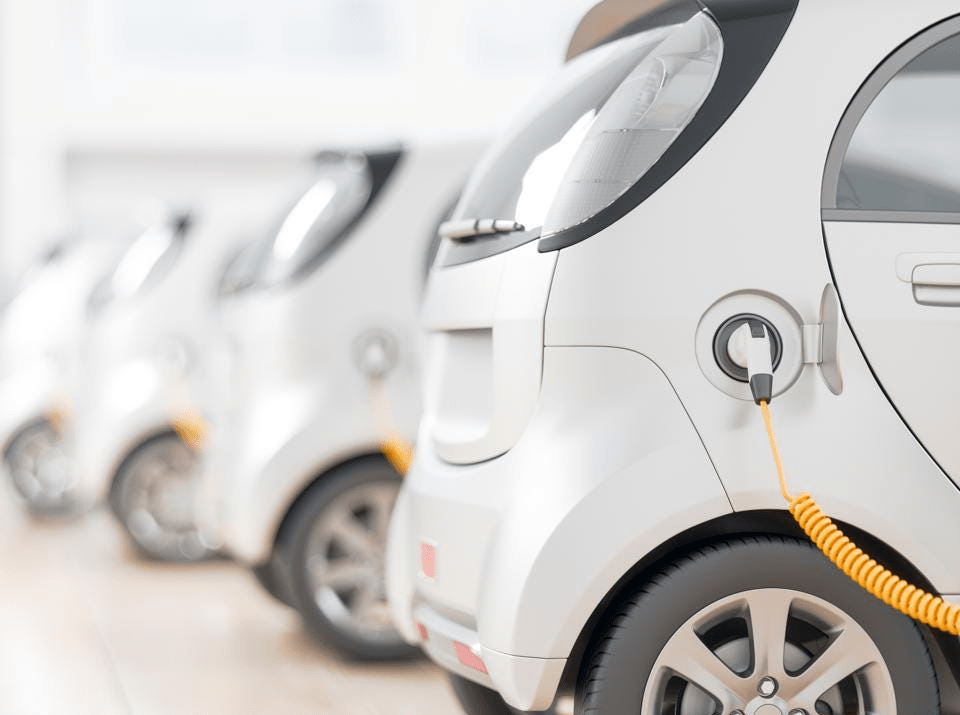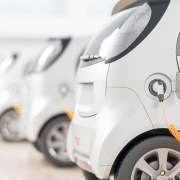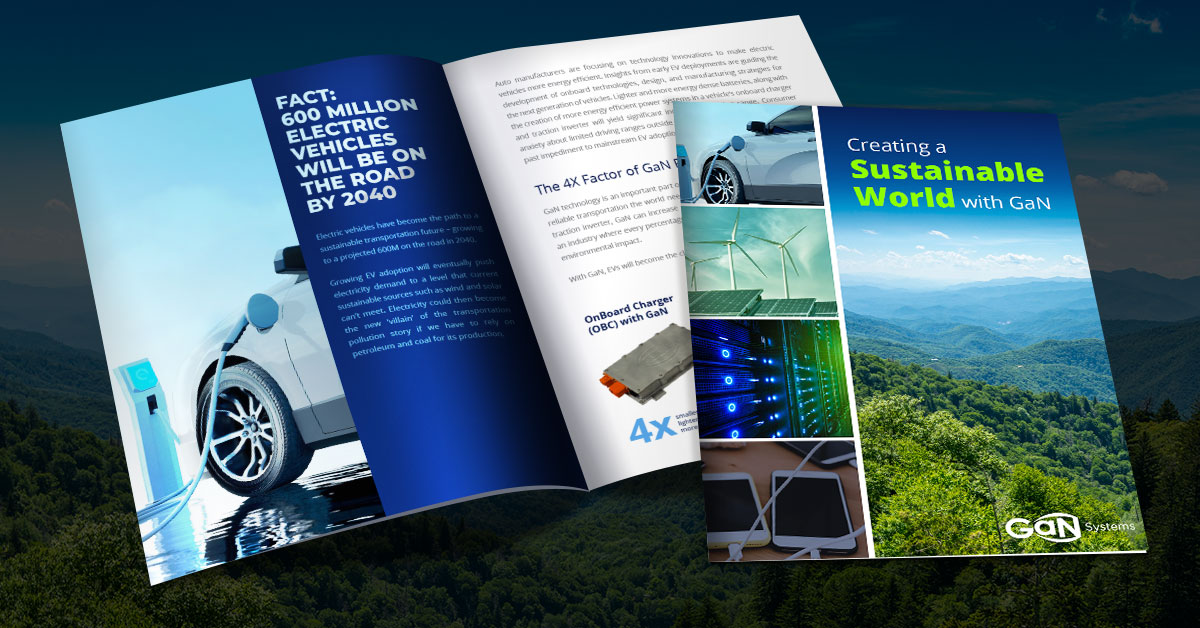Creating The Sustainable Electric Vehicle Revolution
This article by GaN Systems CEO Jim Witham was published in its entirety at Forbes.com on October 22, 2021.
Since the first mass-market electric vehicle (EV) was introduced a decade ago, the drumbeat has been loud and persistent around the social, business and environmental promise of the electrification of transportation. Yet, we’ve fallen short many times despite high hopes and the best of intentions. Revolutions are difficult.
I believe we are now at one of those unique moments when all of the necessary forces are aligned to take us to, and past, the tipping point of EVs as the default mainstream form of transportation.
How did we get here? What do we need to do to stay the course?
The Levers Of Change For EVs
Changes in human attitudes and public policy must exist alongside the development and maturation of energy efficiency and battery storage technologies to create the optimal conditions for the mass-market adoption of EVs. The levers of change for EVs include:
• Government policy.

• Consumer attitudes and behaviors.
• Auto manufacturer priorities and investments.
• Renewable power grid.
• Charging station infrastructure.
• EV technology advances.
Government Policy
Government policy has always played an important role in environmental policy — ranging from the corporate “sticks” of regulatory penalties around CO2 emissions to the consumer “carrots” of purchase subsidies.
In the EU, the countries of the U.K., Iceland, the Netherlands, Sweden and Norway all plan to phase out the sale of new gas-powered vehicles by 2030 or 2035. China, with the world’s largest EV market, is placing increasingly stringent emissions standards on vehicle manufacturers but faces a significant sustainability challenge with coal-powered electricity production.
In the U.S., President Biden’s multitrillion-dollar infrastructure package prioritizes EVs and clean energy with the goal of bringing the nation’s emissions down to net zero by 2050. California, Colorado, Massachusetts, New Jersey and Washington have announced even more stringent policies with outright bans of new gas-powered vehicles sales as early as 2035.
Read the rest of Jim Witham’s perspective on the electric vehicle revolution at Forbes.com.



